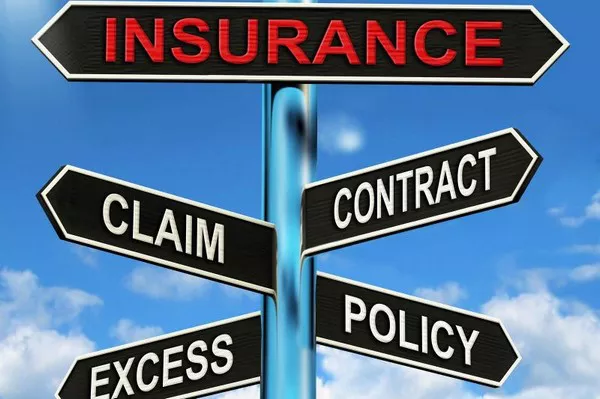RV rental insurance costs vary significantly depending on several factors. Rather than providing a specific price range, it’s essential to focus on the factors that influence these costs, ensuring renters understand what contributes to their insurance premiums.
Factors Influencing Cost
Several key factors determine the price of RV rental insurance:
RV Model and Year: The type and age of the RV significantly impact insurance costs. Newer, larger, or more luxurious RVs generally have higher insurance premiums due to their higher value and potentially higher repair costs.
Rental Duration and Frequency: Longer rental periods or frequent rentals may lead to higher premiums. Insurance companies consider increased exposure to risk over extended periods.
Coverage Limits and Deductible: Opting for higher coverage limits and lower deductibles typically results in higher premiums. These choices reflect the level of financial protection sought by the renter.
Rental Location and Usage: The location where the RV will be rented and used can affect insurance costs. Rentals in areas prone to natural disasters or high-risk regions may lead to higher premiums. Additionally, rentals intended for specialized uses like off-roading or long-distance travel may incur additional charges.
Renter’s History and Credit Score: Insurance providers often consider the renter’s driving history, previous insurance claims, and credit score. A clean driving record and positive credit history generally result in lower premiums, reflecting lower perceived risk.
Types of RV Rental Insurance
There are typically two main types of insurance coverage for RV rentals:
Short-Term Rental Coverage: Often included as part of a homeowner’s insurance policy, providing limited coverage for rented RVs. This coverage may be insufficient for comprehensive protection during rental periods.
Dedicated RV Rental Insurance: Specifically designed for RV rental businesses and individual renters, offering broader coverage options and higher liability limits tailored to the unique risks associated with RV rentals.
See Also: Can You Get Temporary Rv Insurance
Coverage Options
RV rental insurance typically includes several essential coverage components:
Liability Coverage: Protects the owner against claims for bodily injury or property damage caused by the renter while operating the RV.
Physical Damage Coverage: Covers repair costs or replacement of the RV due to accidents, theft, vandalism, or natural disasters.
Personal Property Coverage: Protects the renter’s personal belongings inside the RV, such as clothing, electronics, and other valuables.
Optional coverages may include roadside assistance, medical payments for injuries sustained in an RV-related accident, and emergency evacuation coverage in case of unforeseen travel disruptions.
Comparing Quotes
To find the most competitive pricing and suitable coverage, it’s crucial for renters to obtain quotes from multiple insurance providers. By comparing quotes, renters can evaluate different coverage options, policy terms, and premium rates to make an informed decision.
It’s advisable to carefully review policy terms and conditions before finalizing any insurance agreement. Pay attention to coverage limits, deductibles, exclusions, and additional fees that may apply.
Additional Information
For further information on RV rental insurance and to compare quotes, consider visiting reputable resources specializing in RV insurance products. These platforms often provide tools to facilitate easy comparison shopping and offer guidance on selecting appropriate coverage based on individual needs and preferences.
To potentially lower insurance costs, renters can consider:
- Maintaining a clean driving record and demonstrating responsible driving behavior.
- Implementing safety measures such as installing security devices or taking defensive driving courses.
- Opting for a higher deductible, which can lower monthly premiums but requires higher out-of-pocket expenses in case of a claim.
Conclusion
Understanding the nuances of RV rental insurance and securing adequate coverage ensures renters are prepared for unforeseen events, protecting both their financial investments and their enjoyment of the RV experience. By taking proactive steps to assess insurance needs and explore coverage options, renters can confidently embark on their RV adventures with peace of mind.
[inline_related_posts title=”You Might Be Interested In” title_align=”left” style=”list” number=”6″ align=”none” ids=”2745,2741,2572″ by=”categories” orderby=”rand” order=”DESC” hide_thumb=”no” thumb_right=”no” views=”no” date=”yes” grid_columns=”2″ post_type=”” tax=””]





















